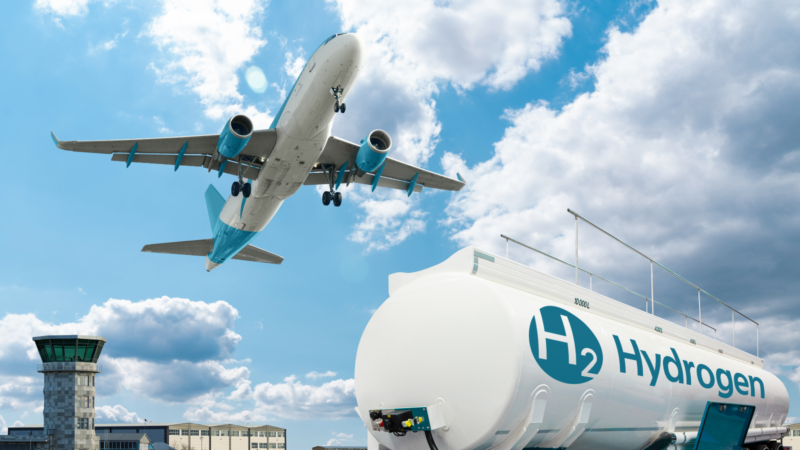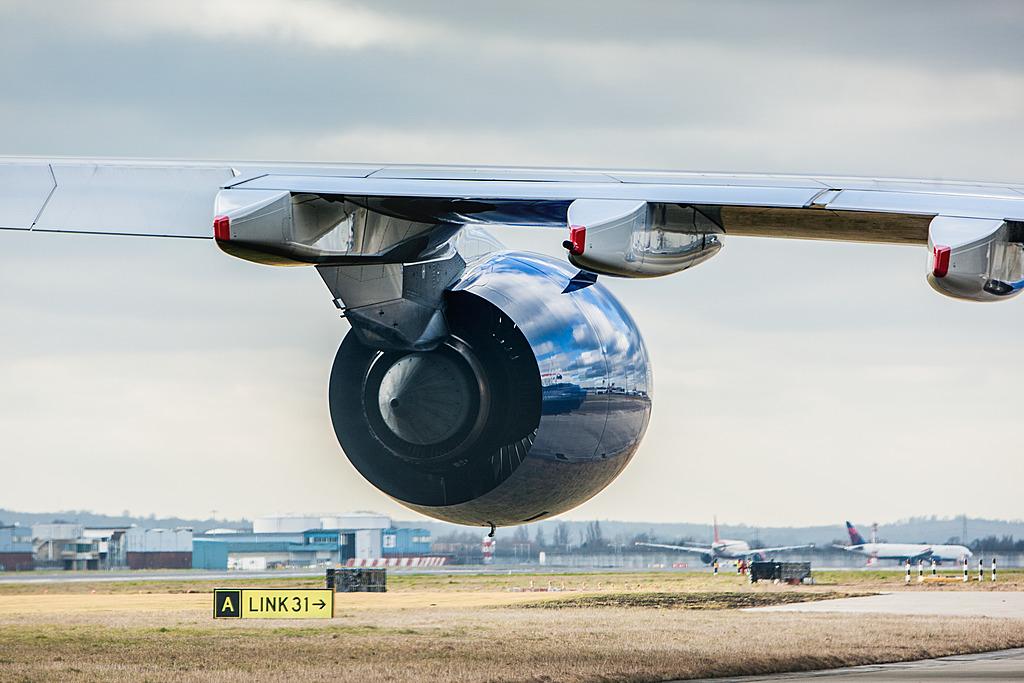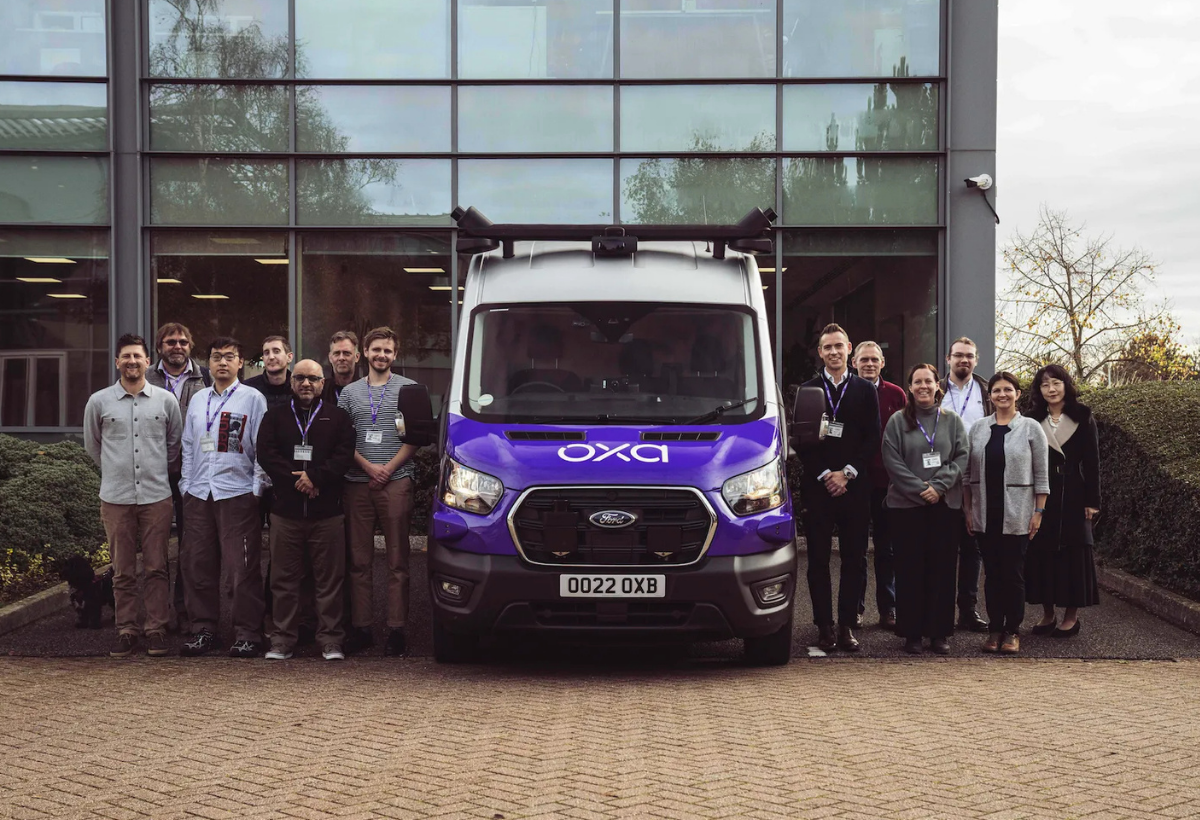The UK Civil Aviation Authority (CAA) has announced the extension and expansion of its Hydrogen Challenge with the launch of a second phase.
This initiative aims to accelerate the development of hydrogen propulsion, airport infrastructure, and aircraft systems to support the transition to zero-carbon aviation.

The Hydrogen Challenge is designed to prepare the aerospace sector for the widespread adoption of hydrogen fuel. Multiple leading UK companies are collaborating with the CAA to develop the technology and infrastructure required to enable hydrogen-powered aviation.
Originally launched in 2024, the Hydrogen Challenge has now been extended to run for three years, allowing further development and refinement of technologies.
The next stage of the initiative will focus on:
- Aircraft innovation – Designing and testing new aircraft that use hydrogen fuel cells and remotely piloted systems to reduce carbon emissions.
- Airport infrastructure – Implementing safe storage and refuelling solutions to support a national hydrogen network.
- Scientific research – Expanding knowledge of hydrogen fuel through studies conducted by leading aeronautical institutes.
- Flight trials and safety assessments – Conducting tests to refine hydrogen propulsion performance and ensure regulatory compliance.
The results of the 2024 phase will be published soon, providing valuable insights for the industry’s future.
Tim Johnson, Director of Communications, Strategy and Policy at the CAA said:These trials keep the UK on course to be a world leader in hydrogen propulsion.
We are working with some of the most innovative companies and minds to better understand this technology and how it might be introduced safely in the aerospace sector.
In doing so, it offers the potential to enable a more sustainable aerospace system and support UK economic growth.
Pioneering projects involved in the Hydrogen Challenge include:
- Cranfield Aerospace Solutions – Testing regulatory requirements for hydrogen fuel cell electric propulsion systems through Project Fresson 1a.
- Oxford University – Researching hydrogen combustion processes within gas turbines.
- ZeroAvia – Developing safe hydrogen fuel storage, distribution, and refuelling practices.
- Qdot Technology – Creating a zero-emission, long-range unmanned aircraft for logistics and offshore servicing.
- Stratospheric Platforms – Developing the ‘Stratomast’, a high-altitude, liquid hydrogen-powered aircraft for data connectivity.
- Rolls-Royce & easyJet – Designing gas turbines compatible with hydrogen as part of net-zero aviation.
- Intelligent Energy – Addressing regulatory challenges for hydrogen fuel cell integration in aerospace applications.
- Highlands and Islands Consortium – Testing hydrogen fuel infrastructure at Kirkwall Airport.
- Regional & City Airports Ltd – Running trials at Exeter Airport to examine hydrogen storage and refuelling approaches.
- Ultima Forma – Developing lightweight vacuum containment barriers for liquid hydrogen storage.
- Swift Aircraft – Exploring hydrogen-powered sustainable training aircraft for flight schools.
- HyFIVE Consortium – Testing scalable cryogenic hydrogen fuel systems.
- Project 601 at Heathrow Airport – Establishing an airside testbed for handling gaseous hydrogen, supported by Cranfield University research facilities.











